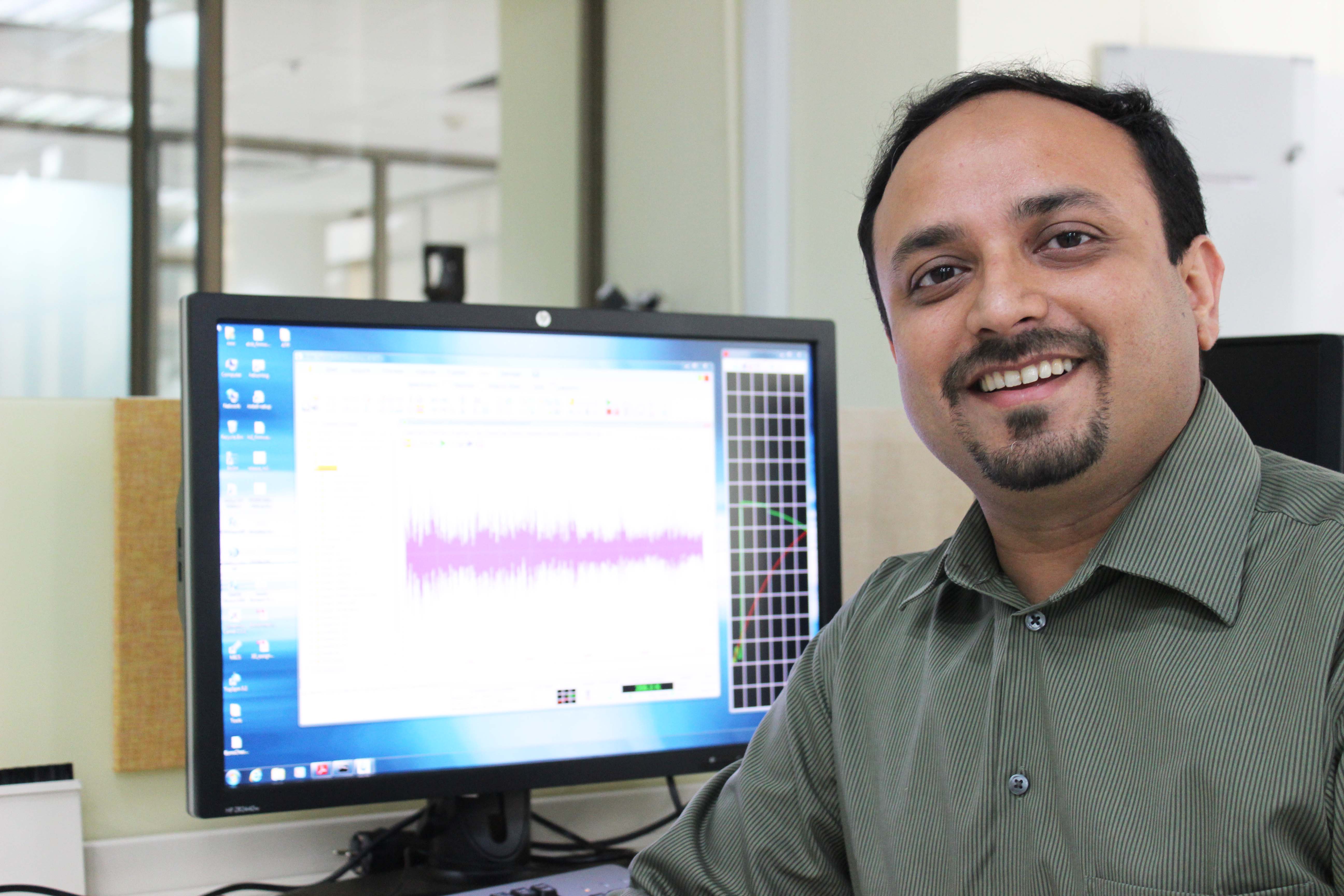Prof. Ranabir Das - Research
Research
The Ubiquitin System
The conjugation of ubiquitin to other cellular proteins regulates a broad range of eukaryotic cell functions, including protein degradation, cell cycle regulation, DNA repair, transcription, and endocytosis. This is because ubiquitin can alter the activity of its target in a variety of ways, from targeting it to the proteasome for degradation to alter its localization or enzymatic activity. We focus on the role of this pathway in two important cellular processes: Protein Quality Control and Host-Pathogen interactions.
Ubiquitin-Like Modifications in Host-Pathogen Interactions
Post-translational modifications add a complete new dimension to the complexity of cellular processes. For example, covalent attachment of ubiquitin molecules to a protein can change its fate, function or locality. The impact of this modification (known as ubiquitylation or ubiquitination) in diverse cellular mechanisms is a subject of immense interest. The ubiquitylation reaction involves, in general, the sequential action of an activating (E1), a conjugating (E2), and a ligating (E3) enzyme (Figure 1). First, ubiquitin is activated by E1, followed by conjugation of the ubiquitin to E2 via a thioester bond formation. The E2s interact with the class of proteins known as ubiquitin ligase or E3s, which catalyze thioester bond and transfer the ubiquitin to the targeted protein. This process occurs in a highly regulated manner that allows the recognition and targeting of specific proteins. Our lab is interested to study the role of this modification in the life-cycle of bacteria and viruses.
Protein Quality Control
Misfolding of proteins can lead to accimulation of toxic aggregates. It is assumed that higher energy intermediates along the protein folding landscape seed the formation of toxic aggregates. Protein quality control systems like the Ubiquitin-proteasome pathway ensures that these potentially toxic species are degraded. We are interested to get insights into the structure of higher energy intermediates. We also investigate how misfolded proteins targeted by the ubiquitin-proteasome pathway.
Interested students are requested to apply through the NCBS Phd/Int-Phd program. Interested postdocs are requested to apply with a detailed (CV) to Ranabir by email.



